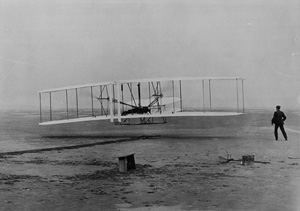 The Wright Brothers built the world’s first successful airplane. On December 17, 1903, the brothers made the first powered flight in North Carolina. The flight last for only 12 seconds with the aircraft only ever reaching a height of 20 feet off of the ground. Still, the flight was ground breaking.
The Wright Brothers built the world’s first successful airplane. On December 17, 1903, the brothers made the first powered flight in North Carolina. The flight last for only 12 seconds with the aircraft only ever reaching a height of 20 feet off of the ground. Still, the flight was ground breaking.
This flight led to the Wright Brothers filing for a patent in 1903. They drafted their first patent application themselves and could not demonstrate a working aircraft. They were denied a patent and the US Patent Office suggested that they work with a patent attorney. Friends referred them to Harry A. Toulmin in Springfield, Ohio.
Toulmin assured Wilbur Wright that he would be able to secure a broad patent that would provide great protection for their invention. On January 22, 1904, Wilbur Wright hired Toulmin to help them with their patent. Toulmin suggested that instead of attempting to patent the entire plane the patent should protect the method of flight control. The flight control method included wing-warping and the three-axis system which controlled the aircraft in forward flight. Continue reading “The Wright Brothers Patent Wars”


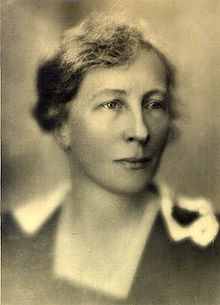 Lilliam Moller Gilbreth is unfortunately best known as the mother from “Cheaper by the Dozen.” In reality, in addition to being the mother of 12 children, she was also an industrial engineer, teacher, author and inventor. She was one of a very few working women engineers. She had a Ph.D. at a time when such a thing was unheard of for a woman and was also the first industrial/organizational psychologist.
Lilliam Moller Gilbreth is unfortunately best known as the mother from “Cheaper by the Dozen.” In reality, in addition to being the mother of 12 children, she was also an industrial engineer, teacher, author and inventor. She was one of a very few working women engineers. She had a Ph.D. at a time when such a thing was unheard of for a woman and was also the first industrial/organizational psychologist.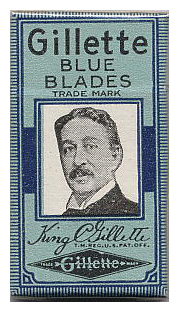 King C. Gillette was inspired to invent the disposable razor by his job as a salesman. He was working for the Crown Cork and Seal Company in the 1890’s selling bottle caps. The inventor of the bottle cap, William Painter, advised Gillette to “invent something people would use and throw away.” Gillette recognized the brilliance of this statement when he saw how successful the Crown Cork and Seal Company had become.
King C. Gillette was inspired to invent the disposable razor by his job as a salesman. He was working for the Crown Cork and Seal Company in the 1890’s selling bottle caps. The inventor of the bottle cap, William Painter, advised Gillette to “invent something people would use and throw away.” Gillette recognized the brilliance of this statement when he saw how successful the Crown Cork and Seal Company had become.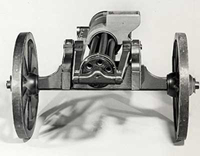 John Gatling was not a man out to promote war and the killing of men with his invention. Instead, Gatling believed that the invention of an automatic weapon would reduce war and the death of soldiers. He thought because the gun would have such a devastating effect on the armies, once seen on the battlefield it would send the other side running. In addition, a weapon that had the impact of many men when used by few would reduce the number of soldiers needed thereby reducing the number of casualties.
John Gatling was not a man out to promote war and the killing of men with his invention. Instead, Gatling believed that the invention of an automatic weapon would reduce war and the death of soldiers. He thought because the gun would have such a devastating effect on the armies, once seen on the battlefield it would send the other side running. In addition, a weapon that had the impact of many men when used by few would reduce the number of soldiers needed thereby reducing the number of casualties.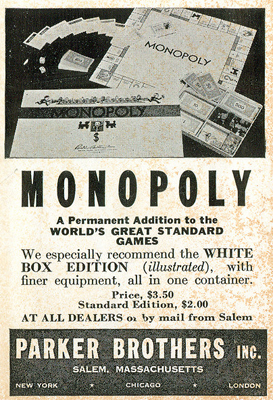 Charles Darrow, an unemployed man living in Germantown, Pennsylvania, created the board game Monopoly in the evenings while trying to make ends meet during the day. In the game, all players have the chance to buy and sell real estate. Living during the great depression, this board game gave the hard pressed workers of the time a chance for fantasy and distraction from their difficult lives.
Charles Darrow, an unemployed man living in Germantown, Pennsylvania, created the board game Monopoly in the evenings while trying to make ends meet during the day. In the game, all players have the chance to buy and sell real estate. Living during the great depression, this board game gave the hard pressed workers of the time a chance for fantasy and distraction from their difficult lives.